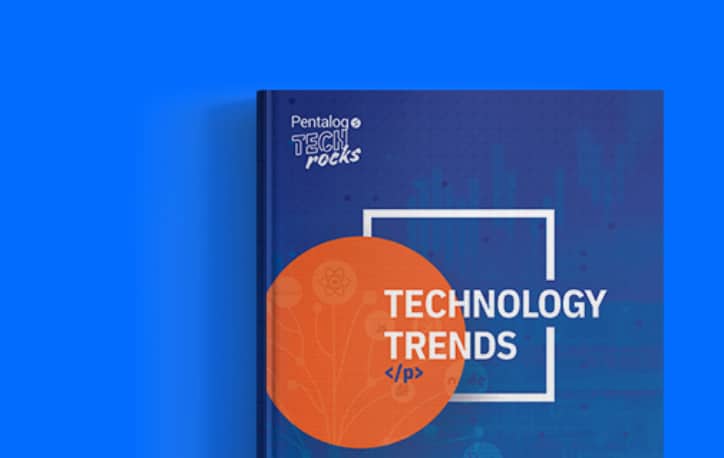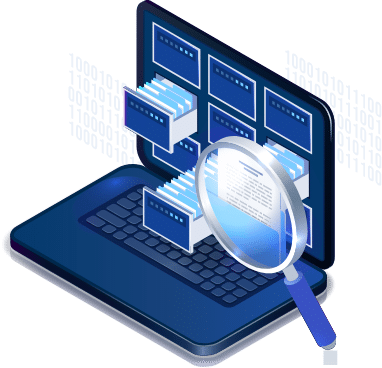In a digital modern world where data is the most valuable asset for any person, entity or company, the security of your data is of paramount importance. Due to the increasing realization of the value of data, databases are more prone to both external and internal attacks. Recent events such as the Cambridge Analytica breach of data through the Facebook platform have made people more concerned about the security of their data. This has led to a widespread interest in mechanisms and methods which can be used to protect your data. Data matching software is one of the most reliable ways to protect data in a proactive way.
There are a multitude of other ways to protect your data, but most of them have a reactive approach to data security. In contrast, data matching can be considered as a preemptive way to secure your valuable data to ensure it isn’t stolen, corrupted or misused in any way. In order to fully comprehend how data matching can play a role in data security, it is important to have a basic understanding of what data matching is and how it works to secure the integrity of your data.
What is Data Matching?
Most organizations, even individuals store their data in large databases which are either cloud-based or backup storages. These databases often comprise of thousands, even millions of records. The sheer amount of data stored in a database or across several databases makes it difficult to keep track of every single record. Here’s where data matching comes in. Also known as record linkage, data matching is an efficient process in which using keywords you can find all corresponding records within a matter of seconds. Developed using finest mathematical algorithms, data matching empowers you to manage your data effectively.
The function of a data matching operation is to locate identical or similar records within a vast ocean of data across several large data storage facilities. It helps organizations and individuals streamline their daily decision-making processes and also maintain the integrity of their data. The first data matching tools were conceived to help organizations with large warehouses and a plethora of products in keeping track of their business operations in cost-effective, reliable and efficient manner. Soon, data matching was being used in other important application as well such as finding medical records in large national databases. Keeping track of criminals and their records across the national databases comprising of millions of records are also made quite efficient and accurate by high-end data matching tools.
How can data matching help you secure your data?
One of the major threats to your organization’s data or your personal records is the mismanagement of records within the database. The chaotic mess and clutter within a database can render it vulnerable to breach or more importantly it can greatly compromise its integrity and validity. It could cost you and your organization immensely both in terms of efficiency and performance. Therefore, the first and foremost advantage of data matching is the effective organization of data within your database. Moreover, data matching tools also allow you to delete duplicate files within a database to reduce clutter. Data cleansing plays a significant role in sustaining a safe and secure database as well.
Data Audit –a competent way to secure data
Data Auditing is an exercise several large private and public organizations indulge in order to assess the validity of data and how it is being used. In order to audit the data in large databases, high-end data matching software and tools are used. The most significant aspect of data auditing is that it regulates the security measures put in place and ascertains whether only authorized personnel have access to the data stored in a database.
Furthermore, a detailed and in-depth data audit carried out using an exceptionally accurate data matching tool can also reveal how the data stored in the databases are being utilized. This plays a vital role in helping organizations and individuals in assessing whether their data is being used appropriately. Any misuse of data can easily be highlighted and identified during an extensive data audit.
Are there any downsides to using data matching to secure your data?
While there are no glaring disadvantages to using data matching software or tools to secure and manage your data, there are certain factors you need to consider before opting for a data matching product. In order to benefit from a data matching software, it is important that the quality and accuracy of the data matching product you are using is beyond reproach. This particular aspect has major significance as subpar and inaccurate data matching software might further threaten and damage your data. Every year, many organizations lose millions of dollars due to poor data matching. Data matching which isn’t accurate and reliable does more harm than good. Therefore, it is imperative to ensure that the data matching tools that you are being used to audit and secure your data is of impeccable quality and is developed by a reputable firm.
Another factor which may adversely impact your experience of using data matching tools is the lack expertise of personnel carrying out the data matching exercise. The dearth of adequate training to use data matching software properly can also impact the credibility of your data. Therefore, it is extremely significant to ensure that only trained professionals who are well-versed in using data matching systems handle your data.
In order to secure your data, it is essential to first realize the significant and value of your data. Organizations which fully grasp the importance and value of their data go to great lengths to ensure the security, validity and integrity of the records stored in their databases. Investing in high quality data matching software is one of such endeavors. Compromising on the quality of the data matching product you acquire would be akin to compromising on the security of your data.










































